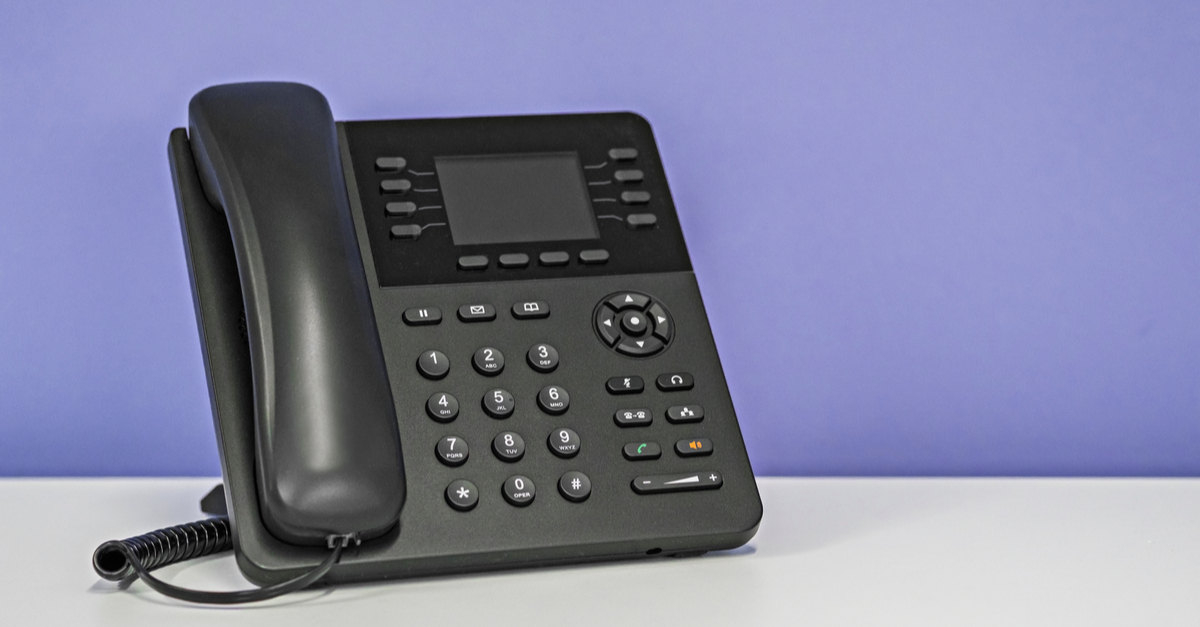The Rise of Innovative Voice Technology and the Decline of Traditional Telephones
Declining Landline Usage and Rising Costs:
The Shift from Landlines: Landlines, once a staple in American households, are increasingly becoming a rarity. A study by the CDC, reported by the Los Angeles Times, indicated that 53.9 percent of American homes have transitioned entirely to cellphones, leaving landlines behind.
Economic Implications: As the number of landline users dwindles, the remaining users face escalating costs. Telecommunication companies, experiencing a drop in landline subscriptions, are raising prices to maintain their revenue streams. This situation is prompting those who still use landlines to consider alternative communication methods.
- The Current State of Telephone Technology:
- Evolving Communication Preferences: While many people have long since abandoned landline services in favor of cellphones, others are realizing the limitations of relying solely on mobile phones for home communications. Despite their persistence, landlines are suffering from outdated infrastructure and rising maintenance challenges.
- An Unsustainable Market: The arrival of cellphones significantly reduced the demand for landlines, leading to unsustainable pricing models for traditional phone services. These economic pressures are forcing landline companies to adapt or face obsolescence.
- VoIP: A Revolutionary Alternative:
- What is VoIP?: Voice over Internet Protocol (VoIP) is a cutting-edge technology transforming home and business telecommunications. According to Harvard Business Review, approximately 10% of international phone traffic now operates via VoIP. This shift is so significant that U.S. companies are increasingly choosing Internet-phone connections over conventional phone lines.
- The Growing Popularity of VoIP: VoIP's adoption is not limited to businesses alone. Over 200 international airports and 79% of businesses are now utilizing VoIP technology, as reported by market research firm In Stat.
- Our Experience with VoIP:
- Testing VoIP Services: Despite the rising popularity of VoIP, many still question its efficacy, especially for international calls. Our team decided to test VoIP firsthand to assess its performance and cost-effectiveness.
- Ease of Setup and Use: Setting up a VoIP service, such as Skype or Vonage, is surprisingly simple and quick. Connection through the internet allows for immediate access to make calls to any number. The cost is either minimal or non-existent for international calls, depending on the service provider.
- Cost and Quality Benefits: VoIP offers various payment models, including bulk credit purchases or one-time membership fees, often resulting in significant savings compared to traditional per-minute charges. The call quality remains high, provided there is a stable internet connection, making conversations as clear as with traditional phones.
- Our Conclusion on VoIP:
- The Verdict: Based on our assessment, VoIP emerges as a superior choice over traditional landline services for both homes and businesses. Its cost-effectiveness and high-quality communication capabilities make it an attractive alternative, potentially saving users hundreds of dollars annually.
- Finding the Best VoIP Deals:
- Setting Up VoIP: Initiating a VoIP service is straightforward, as it only requires a high-speed internet connection. Many services allow users to retain their existing phone numbers when transitioning from landlines.
- Availability and Deals: Major cable companies in North America, including Spectrum and Comcast, offer VoIP services. Deals on VoIP are readily available, and prospective users can find them with simple online research, ensuring they choose the best option to suit their communication needs.
